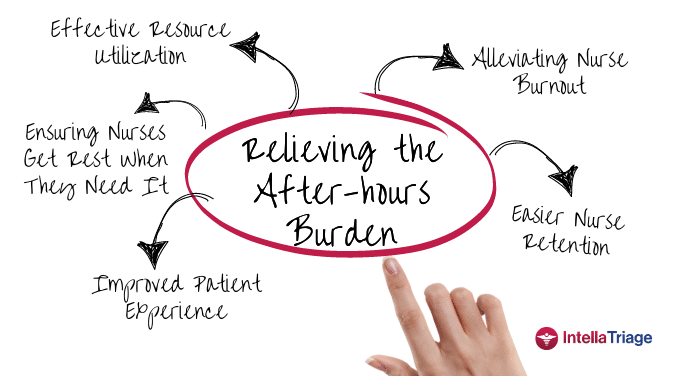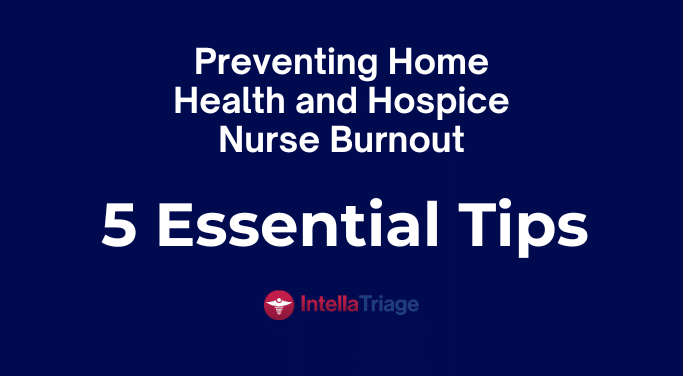The chaos of coronavirus underscores the challenge that public health workers face in prioritizing their own wellness in the face of limited resources, brutal hours, and endless demands on their time. These issues are not unique to times of crisis, but it underscores a chronic and deteriorating pattern in healthcare. With coronavirus and nurse burnout on the rise our nurses will continue to be in short supply and the trend will only worsen.
What COVID-19 Is Highlighting In Our Nurse Community
In response to the Covid-19 crisis, much emphasis has been placed on providing medical personnel with the right equipment to avoid contracting the disease. This equipment is essential, but we have to do more than ensure those on the front lines have the materials they need to ensure their health. However, we must also focus on maintaining their holistic well-being.
The risk to our nurses is the silent killer in our health-care system and when we encounter a global crisis like Coronavirus most health-care systems are already running at capacity, so the burden falls squarely on our nurses to triage and treat patients and determine who is most at risk with little to no additional help. Additionally, we are asking our nurses to risk further exposure to the COVID-19 coronavirus during the global pandemic, and what results is that our healthcare workers will face yet another risk: burnout and fatigue due to overstress, long hours and emotional strain in an increasingly fragile healthcare system.
The Worst Could Still Be Ahead Of Us
As we are seeing across the country in the hardest hit places, healthcare administrators are stretching their clinical staff, they are finding it hard to avoid the inevitable combination of coronavirus and nurse burnout and readily available staff. As the nursing shortages continue to spiral, the risk for nurse burnout will increase at an exponential rate. The lack of adequate human and material resources in the healthcare setting has been proven to lead to exhaustion and illness. This, coupled with escalating patient acuity and decreased staffing, during our current crisis, the physical and psychological toll on our nurses will continue beyond the current pandemic for years to come.
While producing more test kits is of paramount importance, increasing the production and distribution of PPE is even more critical for the nurses in the field. Although, the United States government is investing in the PPE supply chain the immediate failure to protect our nurses will lead to an increase in quarantines, reduced staffing, increased burnout, and systematic failure which, in turn, could increase the risk of patient mortality.
What “Could Be” If We Don’t Act Now
This alarming pattern of lack of action and preventative measures can have a devastating consequence for the health of our nation as well as for those that care for them for many years. We already know that provider burnout is associated with an uptick in medical errors. Additionally sick, exhausted nurses can lead to further staff shortages, longer wait times for patients, and negative patient outcomes in an already stressed healthcare system. So, it’s critical that health care organizations put the resources they need in place now to not only keep nurses well and working, but allowing them to take breaks, rest, and stay well now and in the future – post coronavirus.
We’ve been helping healthcare organizations for over 10 years prepare for nurse shortages and combat nurse burnout by providing nurse first, customized, remote telehelath triage solutions. Contact us today to see how we can help.
Contact Us for a Consultation
Ready to optimize your triage process? Reach out to us today for a consultation tailored to your needs. Let’s elevate your patient care together.
More From The Blog
Burnout among healthcare professionals, particularly nurses, is a persistent issue. The ongoing nursing shortage and the upcoming boom in the aging population have intensified this problem, adding urgency to hospice and home health organizations' efforts to find effective solutions. While traditional methods focus on workload and administrative burdens, innovative strategies address the root causes of [...]
In a recent milestone, IntellaTriage and CommonSpirit Health at Home (CSHaH) announced a significant integration between IntellaTriage’s IntellaHub and CSHaH's electronic medical records system, Homecare Homebase. This partnership underscores the importance of interoperability in healthcare, particularly in post-acute settings like hospice and home healthcare. Here are the top five reasons why interoperability is essential in [...]
Preventing nurse burnout can translate to improved nurse retention and improved patient outcomes. In home health and hospice care, nurses often face significant challenges that can lead to burnout. The constant juggling of patient needs, administrative tasks, and emotional stress can take a toll on even the most dedicated caregivers. However, prioritizing nurse wellness and [...]









